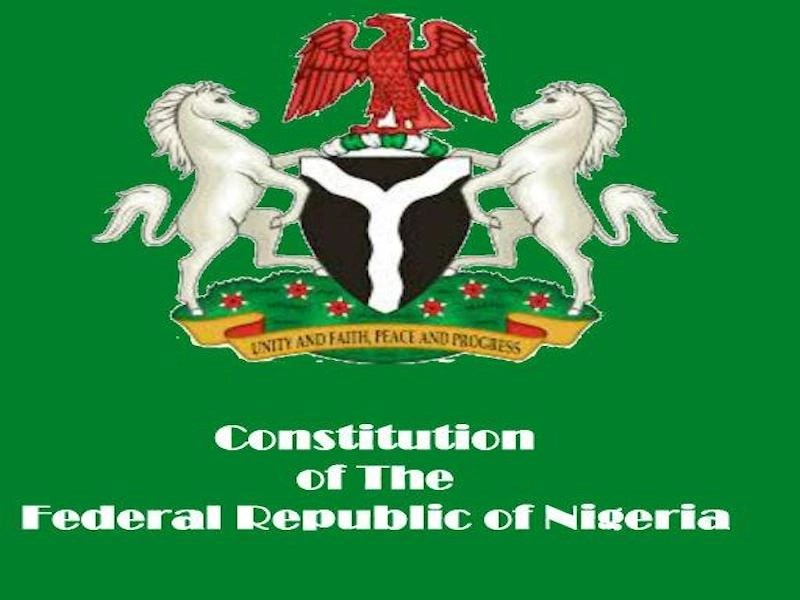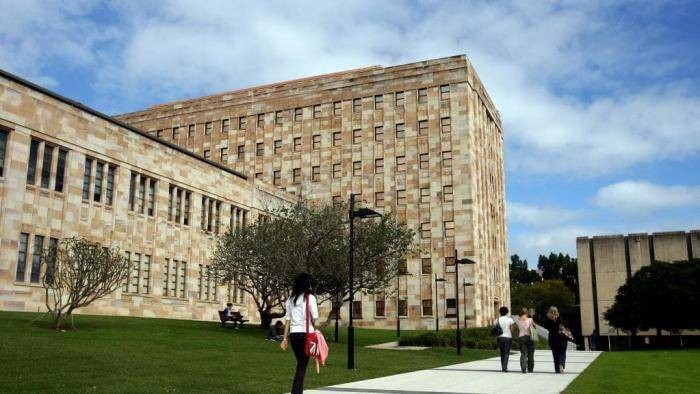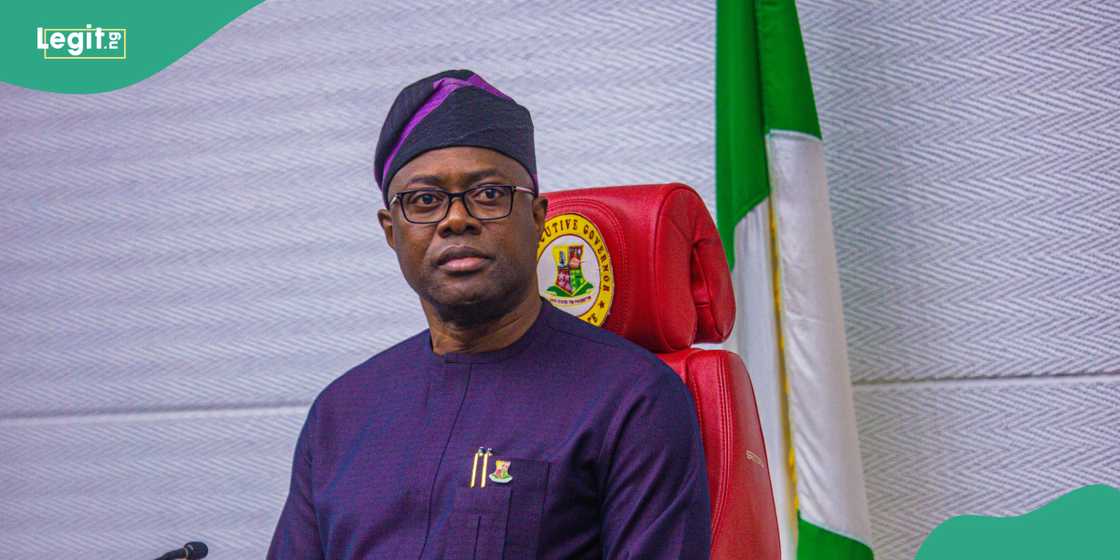
Constitutionalism is a system of rules that lay out the powers and responsibilities of government, leaders, and the people. These rules are determined by law, so they can be changed or updated when necessary to ensure that everyone has equal rights. Nigeria’s constitution is an example of constitutionalism in action because it protects human rights for all Nigerians.
What is Constitutionalism?
Constitutionalism is a political philosophy that holds that the constituent elements should have their fundamental law or set laws they are bound to obey. “Constitutional” is derived from the Latin word ”constituere,” meaning to establish something permanently for it to function well and last long. This meaning can be seen when Article 39(e) states that an independent legal system with power vested upon judges under this Constitution shall exist. The authority where different people seek refuge in times of crisis, especially during elections within countries. Consequently, constitutionalism relates closely with democracy because these two ideologies uphold each other as one cannot go without another even if, at some point, democracies fail due to dictatorship and vice versa.
Constitutionalism is defined as “the belief that government should be subject to fundamental laws that control its powers.” Constitutionalism has been around since ancient times through philosophers like Plato, who believed rule by one man was terrible. In contrast, rule by many men could sometimes become tyrannical, which eventually led them to think it would be best if there were just three branches: Judiciary, legislature & executive. This idea ultimately evolved into a constitutional monarchy where the monarch’s power was limited, but he still had some authority over governmental affairs without exerting his absolute power.
In the United States, constitutionalism began due to the Glorious Revolution that saw England’s monarch lose much of their authority to Parliament, leading them to establish a legislature with checks and balances for each branch. This act is to keep one from becoming too powerful.
Constitutionalism can also be defined as “the idea that all people are subject to the same laws”. It means that no one person should have more power than any other person under the law. The federal government has specific capabilities, while state governments also have important responsibilities within Nigeria’s constitutional framework. Just like individuals must follow certain rules set out by law regarding personal behavior towards others, so too do states need to adhere by how they interact with each other both politically and economically.
Constitutionalism is about everyone having equal rights. Under Nigeria’s constitution, everyone living in Nigeria is guaranteed their human rights. These include the right to life and security, freedom of expression, religion or belief, thought and conscience, right to privacy, protection from an illegal search, the prohibition against slavery or forced labor, among other civil liberties.
Examples of Constitutionalism in Nigeria
On December 31, 1985, Nigeria adopted its current constitution following a military coup in 1983, during which General Muhammadu Buhari suspended all existing political institutions, including the National Assembly of Nigeria. On April 29, 1999, another civilian administration took office after elections that saw Chief Olusegun Obasanjo being sworn in as president. Below are the rules that make up the Constitution of Nigeria:
- The 1995 Constitution of Nigeria is the supreme law in all courts, tribunals, and judicial proceedings.
- A person who holds or acts in office under this constitution shall not do so except under it.
- No court shall have jurisdiction to question any act done by a public officer when validly conferred on them by existing law. Nor will any such action be called into question on the ground that it was done according to powers derived from emergency legislation or delegated legislation.
- All public bodies and authorities of the Federation or any part are bound to observe this Constitution.
- No person shall be convicted of an offense except for violation of a law in force when it was committed.
- There shall be a separation of the Judiciary from the Executive and Legislative arms of government.
- No person shall be liable to civil or criminal proceedings, arrest, detention, or trial because of his opinions.
- No citizen is above the law, and all persons are equal before it.
- The Constitution guarantees freedom of assembly for peaceful purposes without arms. Still, reasonable conditions may be imposed on gatherings in public places, including security measures required in the interest of public order.
- The right to life guaranteed under this constitution shall not limit the government from imposing capital punishment upon offenders convicted of serious offenses involving grave injustice.
Constitutionalism in Nigeria
The Nigerian Constitution is the supreme law of Nigeria. It was written in one copy, as a constitution should be, and then distributed to all Nigerians for ratification on October 1, 1979. The constitution contains many different sections, including:
- The preamble,
- Articles about fundamental human rights and freedoms,
- Provisions for government structure and organization,
- Details about how elections are run in Nigeria (including electoral system),
- Provisions governing relations between the three tiers of government in Nigeria (federal republic) and other issues such as natural resources ownership.
When it comes to constitutionalism in Nigeria, some examples include the provision that says “all citizens shall have equal right to freedom of conscience without distinction”, or when Article 29(6) states, “the rights of freedom are subject to reasonable restrictions, including the interests of national security”.
The Federal Republic of Nigeria is a democratic state that derives its political authority from the will and consent of the people who are equal under the constitution, providing certain fundamental rights to all Nigerians by virtue of being citizens. There are three tiers or levels within this government system:
- Federal level with power shared between states and federal government with powers vested on different organs represented by the president, vice president, etc.,
- State level with laws made applicable only in a particular geographical area.
- Municipal/local governments have their councils but are still answerable to the national assembly through appropriate committees just like any other tier. However, no respect is given to these layers as some believe it should be amended to be fair and just.
Constitutionalism & Rule of Law
The rule of law is a principle that states all people and institutions must abide by the law. It includes government officials, public officers, citizens, and non-citizens within a state’s borders. Nigeria has many laws that apply to everyone living in or visiting her country. These include traffic rules about driving on different roads, criminal code against stealing; religious freedom; educational rights for children.
Rule of Law also means equal protection under the law because no person should be denied their civil liberties when accused of breaking the law like slanderous statements, fraud, theft, etc. When individuals are arrested or detained, they have certain due process rights, such as being formally charged with an offense before trial through court proceedings. Evidence can be presented in their defense. There is also a right to appeal or seek redress if an injustice has been inflicted on them.
The rule of law is an independent judiciary whose duty is to uphold the supremacy of the constitution through interpretation so long nobody can abuse their powers while applying them fairly to all Nigerians. The latter can be seen through the ruling of the Supreme Court in 1995 as it is a body made up of different judges from diverse backgrounds who will only give judgment on constitutionality. It implies that they don’t have the power or right to create laws those already being practiced.
Rule of Law exists when everyone has equal access to courts without discrimination regardless one is poor/rich, man/woman, etc.; honesty & integrity shown by public officers; police must act according to the procedure laid down; no one to be arrested without valid reason; accused must have the right to a fair trial where evidence is presented then only judgment given, no torture or harassment in police custody unless court orders.
Nigeria’s constitution upholds Nigerian citizens’ human rights that are protected by law. At the same time, every person has to obey laws made for the general public’s good irrespective of ethnic lines, tribe membership, etc. Failure to abide by the law attracts a penalty including imprisonment if found guilty after the due process, which includes hearing from both sides before passing judgment unless urgency dictates otherwise.
In Nigeria, many constitutional principles support the rule of law, including:
- supremacy of constitution;
- independence and impartiality of Judiciary;
- being innocent until proven guilty in a court of law;
- equal protection by all laws applied equally among citizens within her borders and non-citizens living in or visiting Nigeria.
The constitution allows for federal judges from each state who have similar training backgrounds and expertise with other legal professionals when working together towards upholding law during trials involving criminal offenses, which can sometimes be high profile cases. It ensures decisions made after due process follow proper procedures while protecting human rights guaranteed under Nigeria’s Constitution.
Conclusion
Nigeria is a democratic secular country where her constitution honors the rule of law, Judiciary & human rights. It means innocent until proven guilty; no arrest without reason; right to a fair trial with the evidence presented before judgment passed; police operation must follow the procedure laid down by constitution for a good reason etc.
More work needs to be done to ensure everyone in Nigeria respects the law to not discriminate against others based on ethnicity, tribe membership, or any other form of discrimination. The rule of law provides justice for all Nigerians both at the individual/private & public level by protecting human rights & limiting powers of public officers. Hence, they are not able to abuse their powers.



